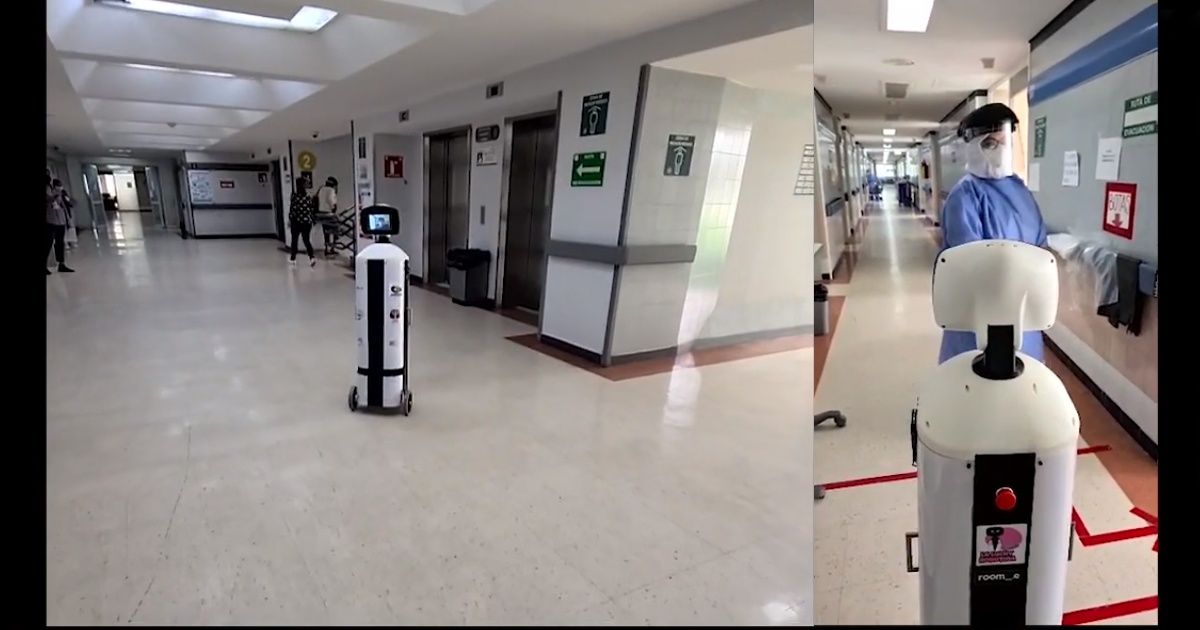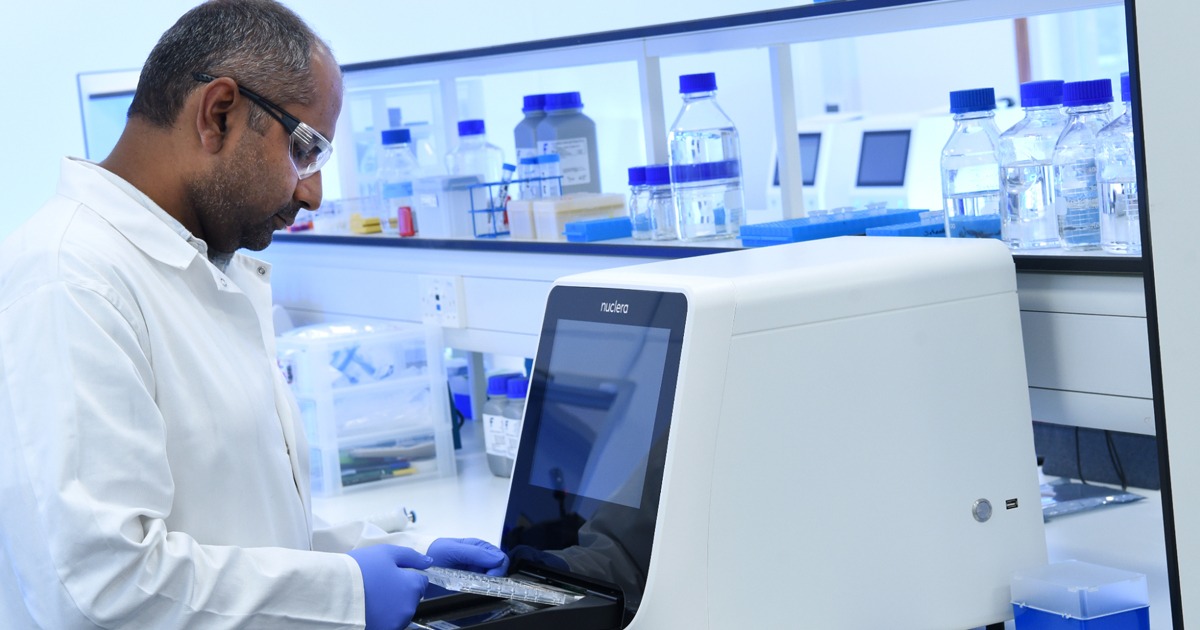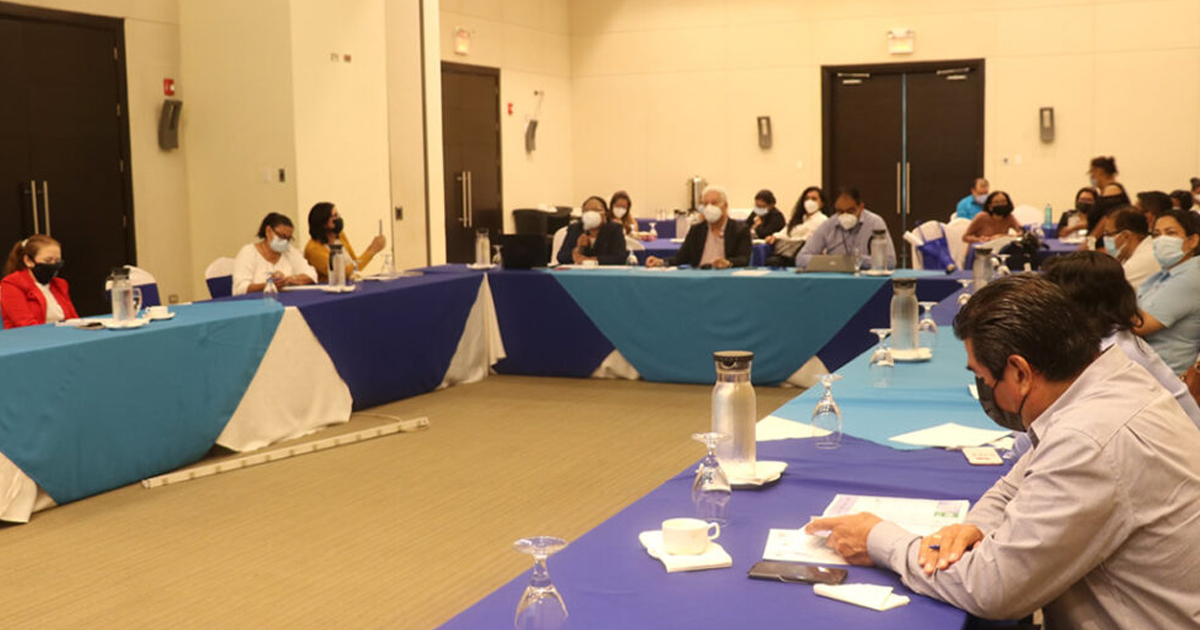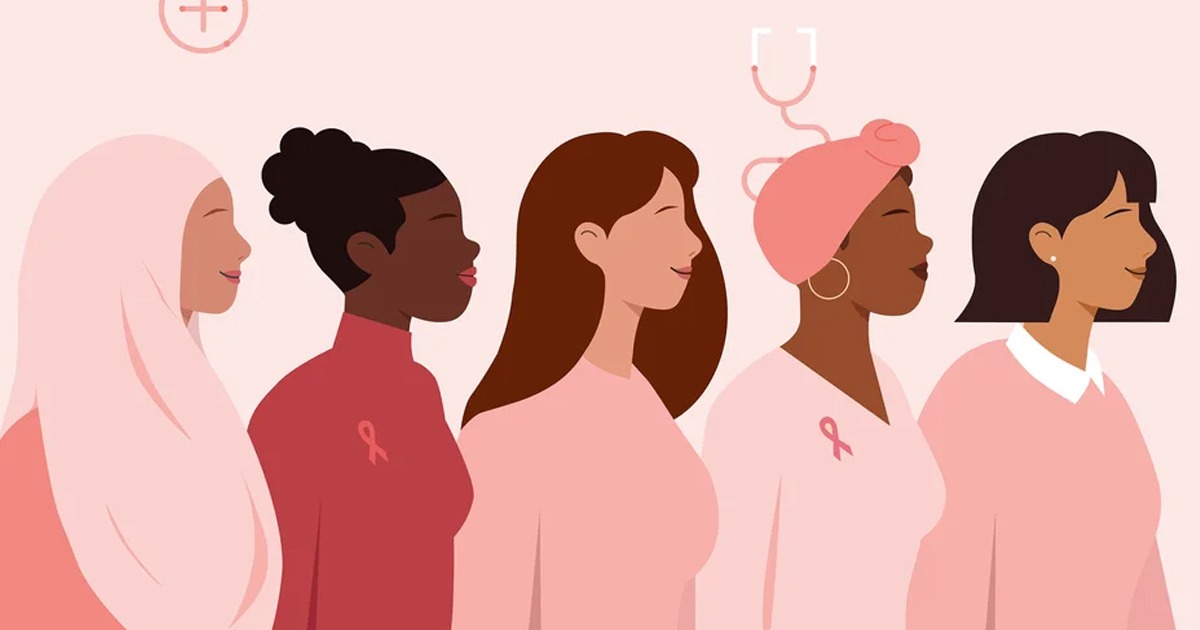The ISSSTE and CMN November 20 launches its mental health teleassistance program through robots.
Mental health specialists from the National Medical Center (CMN) November 20, belonging to the Institute of Security and Social Services of State Workers (ISSSTE), implemented robots that work through Artificial Intelligence (AI) for teleassistance to COVID patients.
In February, the "robotic co-therapists"project began to be prepared, and by May the pilot program was carried out with two mini robots named "Robotina Covidia" and "Davinchito Robotinio". These two robots are part of the COVID-19 Institutional Psychological Support Program, an alternative to providing accompaniment and psychological care reducing the risk of contagion to health personnel.
Lucia Ledesma Torres, coordinator of this protocol explained the importance of this type of technology in the current situation: "They aim to approach the patient considering that he is facing a tremendous physical, psychological, isolated stress of the family and partially of the medical team, because we are all there with our protective equipment that looked like astronaut costumes and in many cases the sick cannot even see our face , he doesn't know exactly who we are," he concluded.

One of the robots is fixed, which was placed in areas of COVID-19 patients and allows to have contact with patients through its camera that transmits to where mental health specialists are located. The other robot is mobile and is touring the hospital. This robot can be managed and managed from anywhere in the hospital and performs the same link functions between patients and specialists.
At the end of August, the Coordination of the Services of Psychology, Psychiatry, Pedopsichiatry and Neuropsychology of the CMN November 20, finally endorsed the use of a new robot,which was named "LaLuchy Robotina", a robot 1.40 meters high and weighing 37 kilograms.
Like its predecessor, this robot travels through hospital rooms and cares for COVID patients. However, its way of care is different, since it has a monitor that transmits in a virtual conference with the specialist and a relative of the patient, these sessions last 30 minutes. So far, more than 160 interventions have been made since the implementation of this technology.
Such tools make it easier for psychologists and psychiatrists to avoid the risk of contagion and virtually save the use of special protective equipment as they do not come into direct contact with patients. In addition, it also eases the communication between patients and their families.






